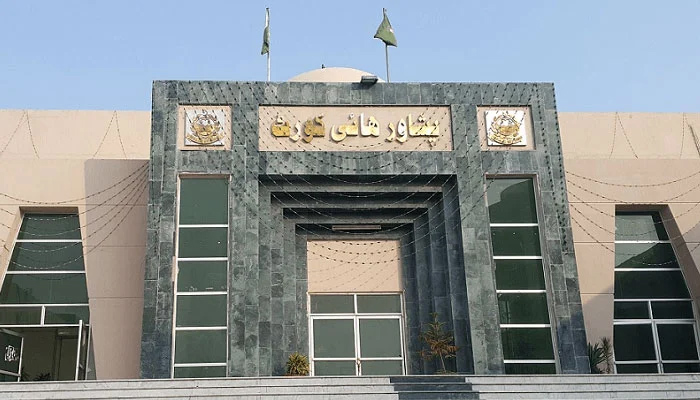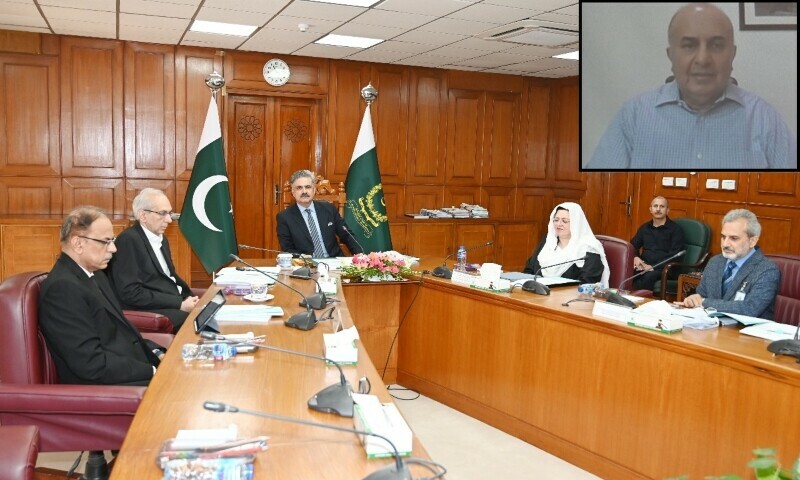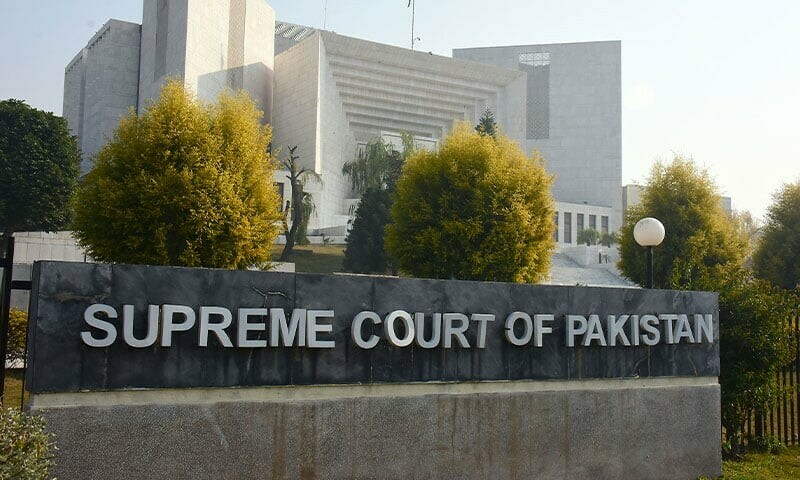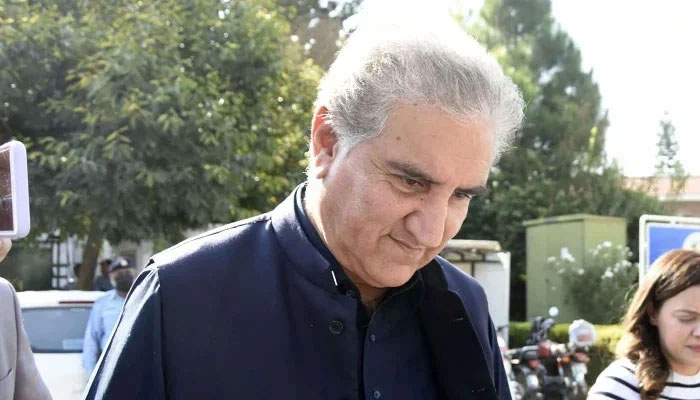LEGAL
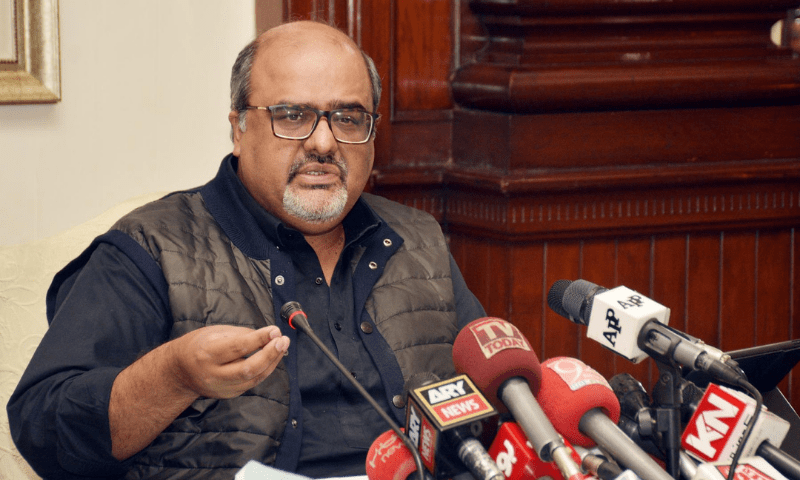
Former Chairman of the Asset Recovery Unit and ex-Accountability Advisor Mirza Shahzad Akbar has emerged as the central figure in a high-profile £190 million corruption case, raising serious concerns over abuse of power and lack of transparency in state-level financial dealings.
According to credible sources, Shahzad Akbar allegedly orchestrated a confidential financial arrangement that led to the transfer of £190 million to an account under the name of the Registrar of the Supreme Court of Pakistan.
The key document, a Deed of Confidentiality, was reportedly signed by Akbar on November 6, 2019, without prior approval from relevant state institutions. Notably, another individual, Zia Mustafa Naseem, was also involved in the agreement, confirming the transfer of the funds to the State of Pakistan's account.
What has raised further red flags is Akbar’s series of secret visits to the United Kingdom in February and May 2019, where he allegedly met with officials from the British Home Office and the UK National Crime Agency (NCA). These visits were made without involving Pakistan’s key institutions such as the FBR, FIA, or State Bank, raising questions about the intention and legality of the negotiations.
Adding to the controversy, Akbar reportedly presented the agreement to the federal cabinet on December 3, 2019, without disclosing that he had already signed a confidential pact nearly a month prior. This concealment is being termed by legal experts as a serious abuse of authority and procedural manipulation.
Sources also note that the NCA had seized £120 million even before December 14, 2018, under the UK’s Proceeds of Crime Act 2002, targeting luxury assets including 1 Hyde Park Place in London.
Investigators claim that Akbar’s conduct bypassed transparency norms and deliberately excluded state institutions from the process, violating the very principles of accountability he was tasked to uphold.
Legal analysts suggest that the matter is far from over, with possible legal action looming against the former accountability czar. Ongoing investigations are expected to reveal further details of the alleged financial misconduct and collusion.
The scandal is likely to have deep political ramifications, as it involves significant state funds, international coordination, and the erosion of public trust in anti-corruption institutions.
